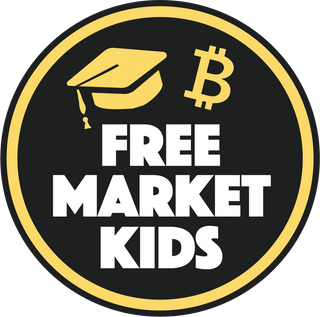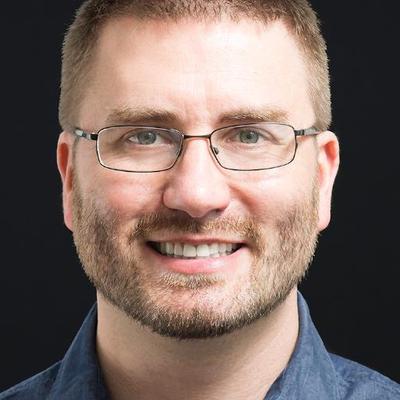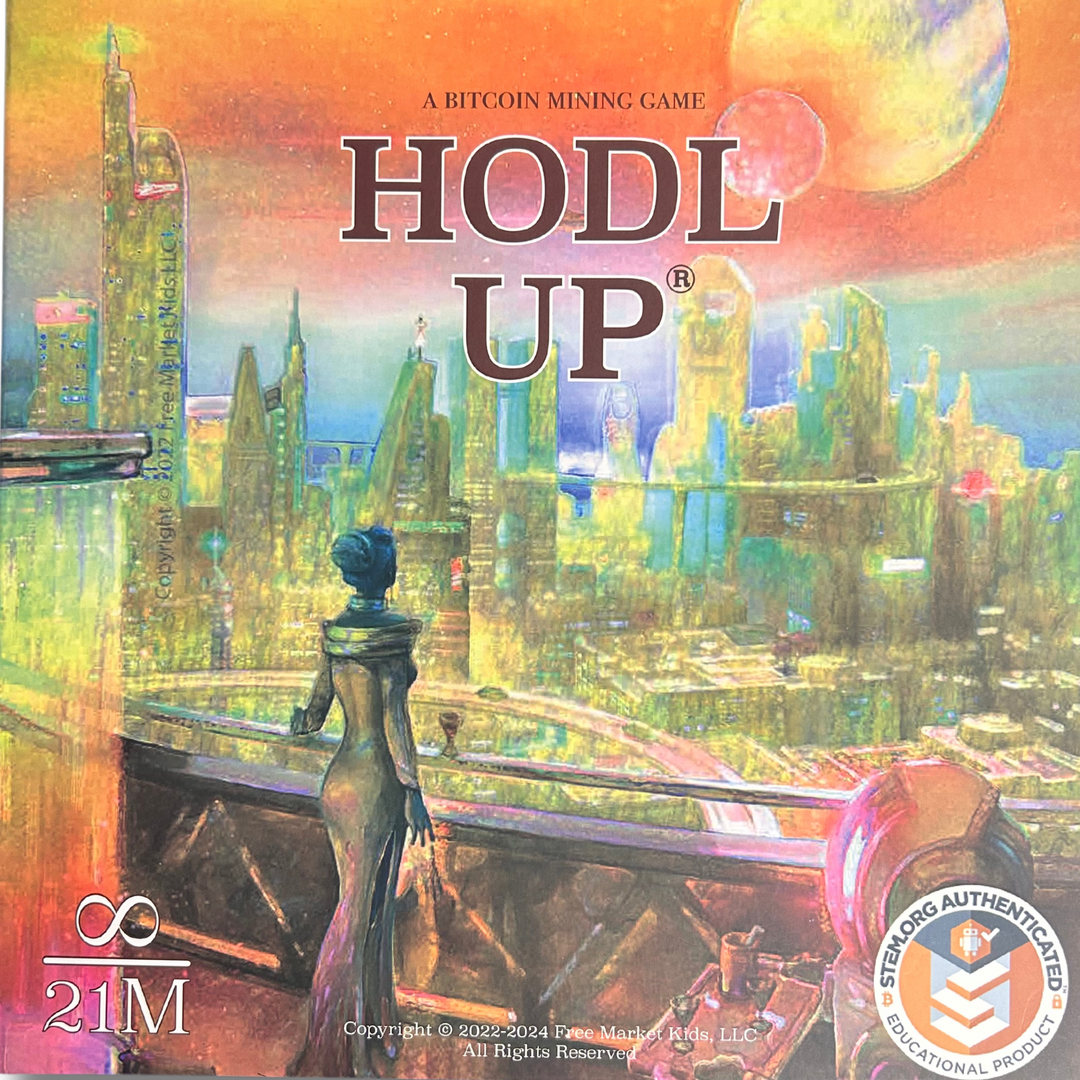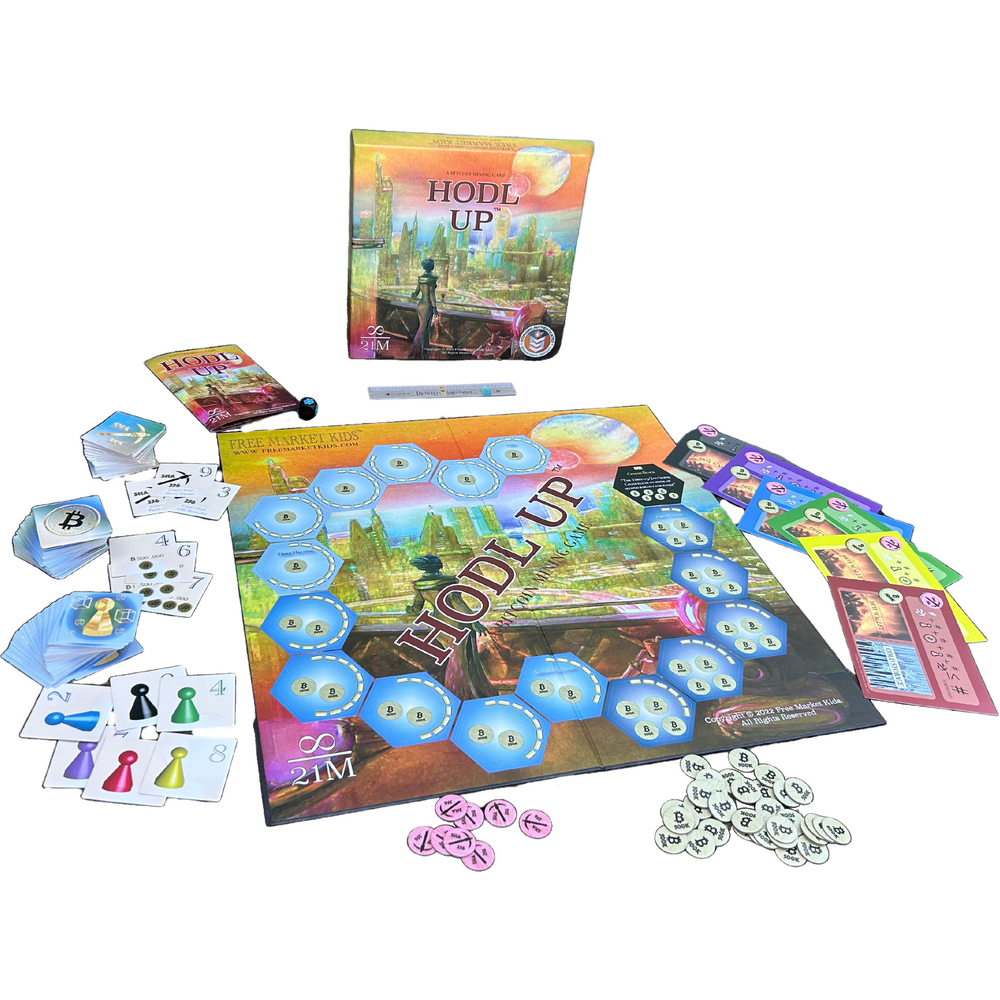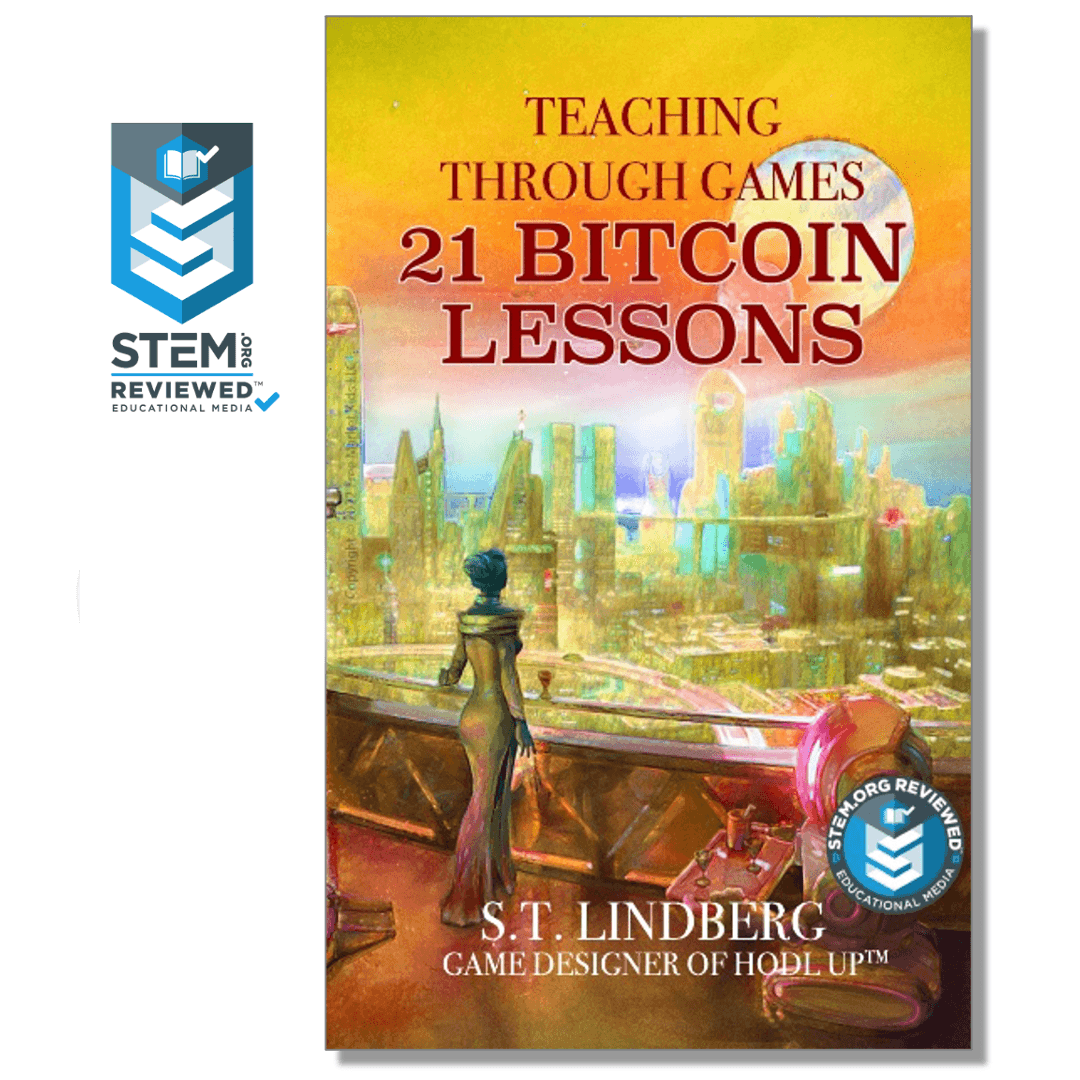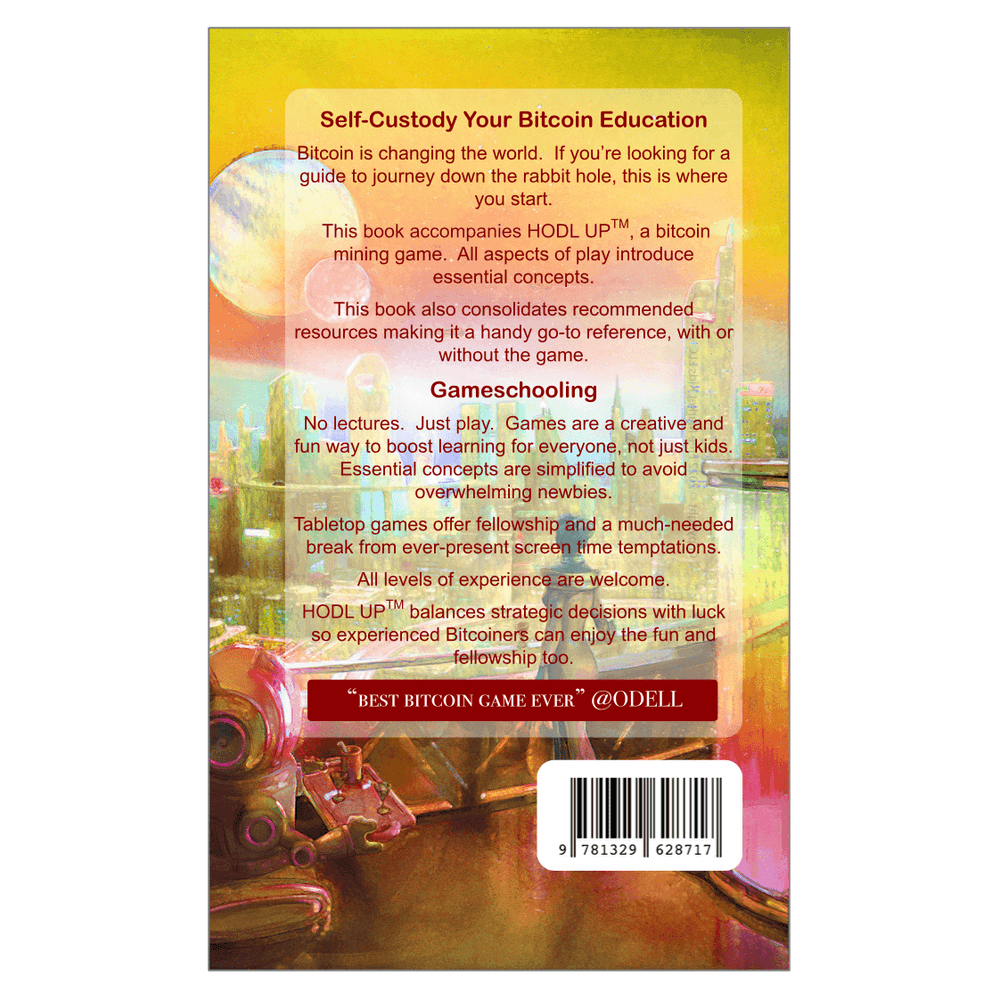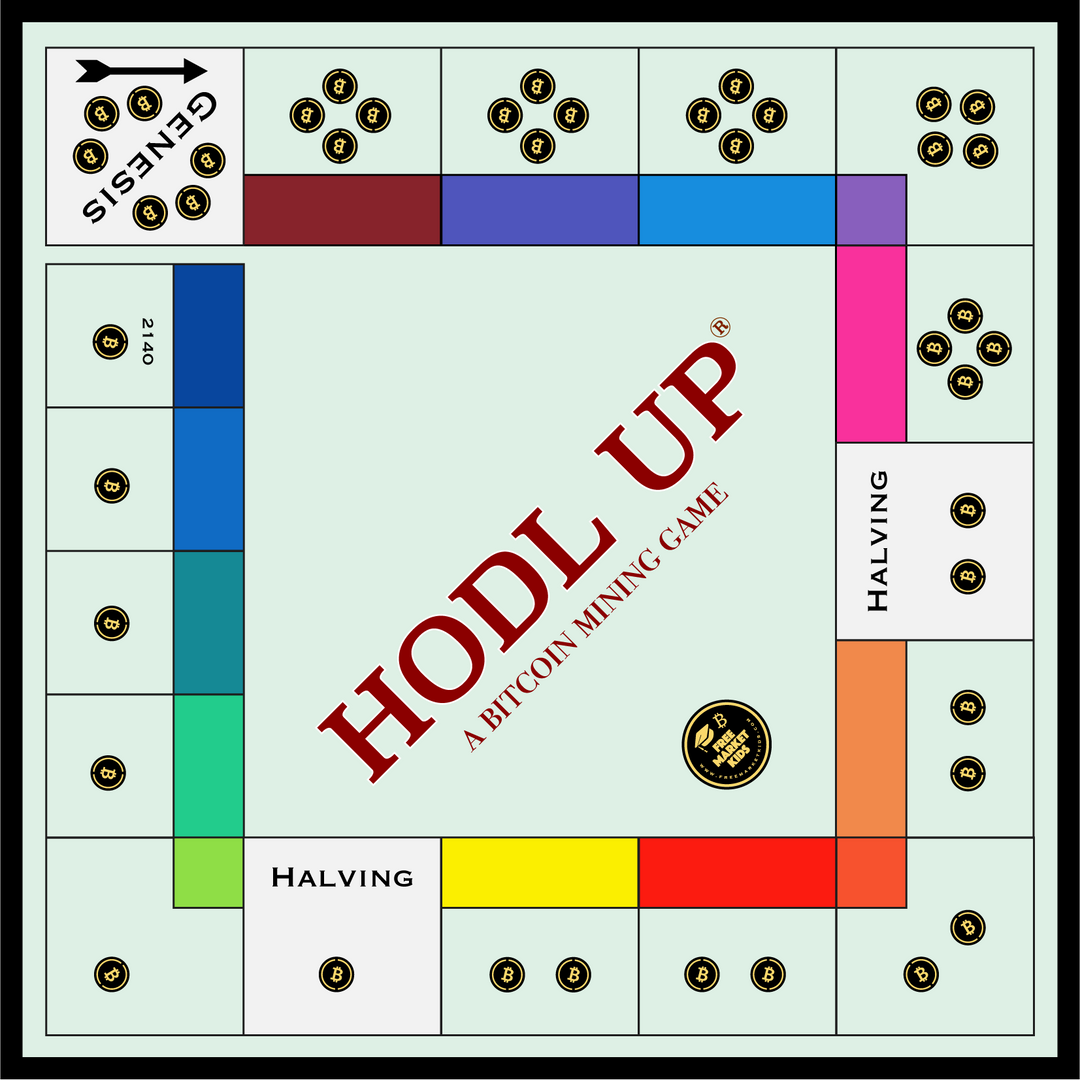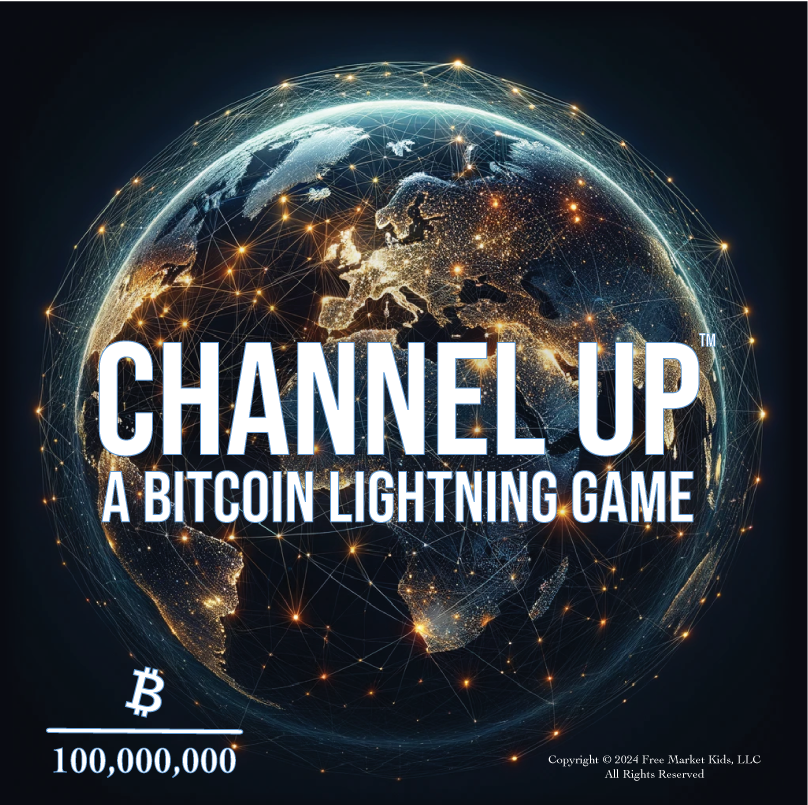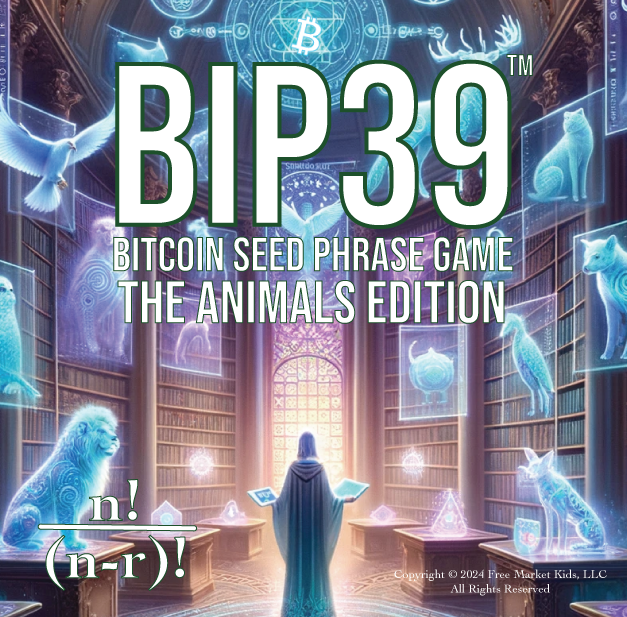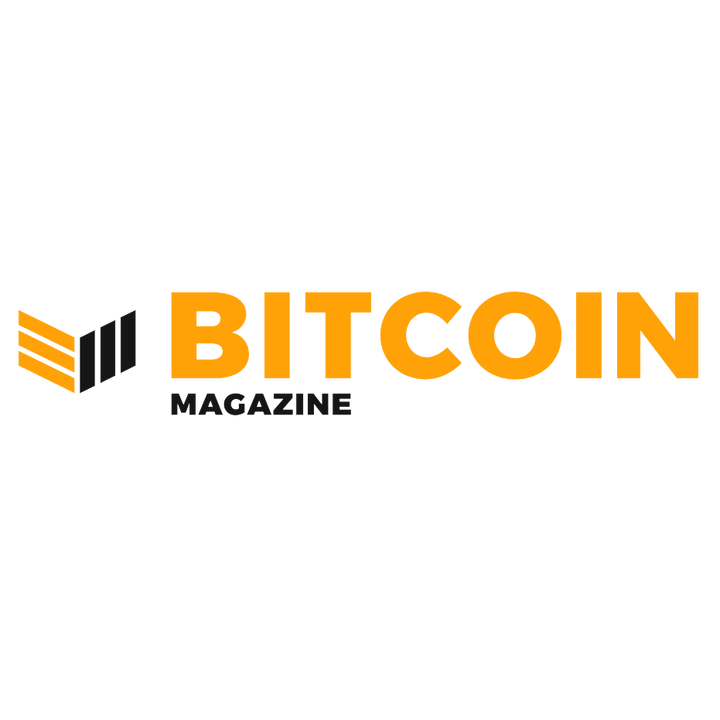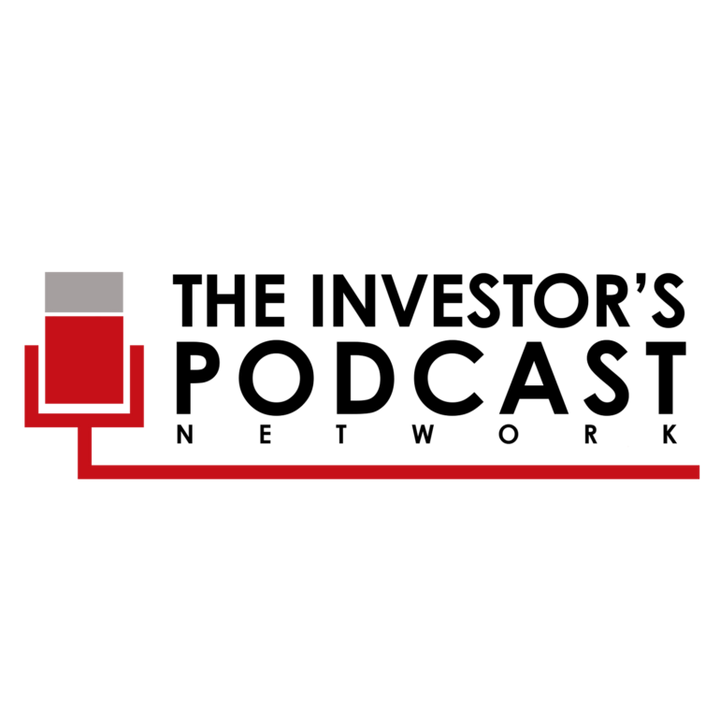Education - The Achilles' Heel of Freedom
Scott Lindberg 11/1/2025
Einstein said to make everything as simple as possible, but not simpler. In that spirit, here's my simple framework connecting education and freedom.
No Excuse
My wife Tali and I had a conversation recently that really exposed a blind spot in my thinking. We were talking about teaching sound money principles, you know, Bitcoin, Austrian economics, gold-standard stuff. And to me, it seems pretty obvious this matters right now. National debt just passed $38 trillion. Inflation is constantly in the headlines. Banks are loading up on gold. The warning signs are everywhere.
But here's what Tali said that stopped me cold: it doesn't matter how important the message is if people can't actually hear it.
She gets sound money. That's not the issue. Her point was more like that parable about seeds falling on rocky ground. You can have the healthiest seeds in the world, but without fertile soil, you're not getting a harvest. Same thing here. Someone without a foundation in critical thinking or basic reasoning can't just absorb these complex ideas from one book or podcast or video. Even the best presentation won't break through inadequate preparation.
This really unsettled me because I'd fallen into a trap I should've known better than to fall into. Tali and I both have graduate degrees. We're passionate about lifelong learning. We homeschooled all four of our kids K through 12. We literally run an education company called Free Market Kids. And yet I'd been making this rookie assumption: that if I just presented the facts clearly enough, everyone would get it. I thought once I showed people what was really happening, they'd never be able to unsee it.
No excuse. I should know better.
And honestly? This isn't the first time I've made this mistake. Here's another example.
Parenting, Happiness, and Freedom
Parents want what's best for their kids. That's pretty much universal. We want our children to live long, healthy, happy, fulfilling lives. Our incentives are aligned with theirs in a way that no one else's are.
Most people nod along to this. It feels like a natural law. (I know some people disagree, and I'll get to them later.)
But here's where it gets interesting. Think about what actually makes people happy and fulfilled: If you don't own what you produce, how motivated are you to create something great? If you can't decide when and how to trade with others, are you really better off? Is anyone? If you could only say things others approved of, how would your thinking develop? If you had no way to defend your home or protect the people you love, how safe would you feel? If your private spaces, physical or digital, could be invaded at any moment, could you ever really relax? And if someone could take your stuff or punish you without a fair hearing, would that feel just? Would you be happy?
I don't think so.
If parents genuinely want their kids to have a shot at success and happiness, they have to want their kids to be free. Free to think. Free to do. Free to be.
The Declaration of Independence puts it well: "We hold these truths to be self-evident, that all men are created equal, that they are endowed by their Creator with certain unalienable Rights, that among these are Life, Liberty and the pursuit of Happiness."
That's powerful stuff. And here's what worries me: that concept might be timeless, but our culture isn't living up to it anymore. Something has shifted since the Founders wrote those words. How did we let something as profound as the Bill of Rights slip away from us?
Constant Vigilance
Ben Franklin famously said we had "a republic, if you can keep it."
If he could see us today, I think he'd be pretty disappointed. The government and third parties have their fingers in every aspect of our lives. His quote was basically a warning: a free society depends on its citizens staying alert, not on its rulers being nice. We had freedoms unlike anything the world had ever seen. And we're losing more of them every single day.
Here's the thing about vigilance: it's really hard to maintain across generations. People need to understand fundamental principles and why they matter historically. And critically, each new generation has to learn these concepts. That's why education is so important.
Sound vs. Fiat Education
Most people get that education matters. I've found this consistently true after years working in this space. But here's what I've also noticed: what education really is or should be? That's not well understood.
This is why I make a distinction between sound education, real and unbiased learning, and fiat education, which is based on arbitrary standards or worse, third-party incentives.
Sound education is crucial to freedom and human flourishing, but it takes real work. It'd be awesome if we could just download skills like they do in The Matrix, but that's not reality. Education isn't a one-time thing. We learn and grow through experience. It takes sustained effort and energy.
We understand this with everything else in life. Our cars need maintenance. Our houses need upkeep or they'd fall apart. Same goes for our bodies. Forget the superhero movies, real humans have to exercise their whole lives to stay physically fit.
Education works the same way. It needs constant maintenance. The erosion of sound education starts gradually. It compounds over generations until suddenly the culture becomes rocky ground where even the most profound ideas, like the Constitution, can't take root anymore.
Going back to Franklin's warning, the real question isn't who's taking our freedoms away. It's why are we giving them away? And education plays a huge role in whether our kids inherit opportunity for happiness or despair.
Who Opposes Sound Education?
Asking whether everyone wants the next generation to be healthy, happy, and fulfilled seems like a no-brainer. Logically, everyone should value sound education. Who would be against it?
Well, reality is less reassuring. Parents want these things for their kids, absolutely. But there's another side of human nature we have to consider: some people want the power to control others.
People who want control don't exactly advertise it. Usually they claim the moral high ground, e.g., they're representing the common people, the workers, whatever. But their real goal is to centralize power in the hands of a few, or even just one person. And this kind of authority consolidation is a direct threat to sound education.
They don't value freedom and happiness for parents or their kids. But they care deeply about children's education, specifically, controlling what gets taught and who teaches it. Why? Because churches, families, and any other group that can influence people represent threats to centralized control. So it becomes critical to control curriculum and instruction. Conformity and obedience get valued. Critical thinking and independent speech get punished.
Lenin said it pretty clearly: "Give me four years to teach the children and the seed I have sown will never be uprooted."
The One-Way Street to Tyranny
These aren't just distant historical examples we can ignore because "things are different now." Here's the scary part: a free society can voluntarily slide into centralized control at any time. But people living under authoritarian regimes? They can't just choose to be free. It's a one-way street.
It can happen today.
Let me tell you about my own experience. After business school, a friend invited me to visit him in Venezuela. Hugo Chávez came to power in 1999. He inherited a country with real advantages—beautiful beaches, massive oil reserves, and a relatively prosperous economy. Venezuela had been democratic since 1958. By the late 20th century, a lot of people considered it one of Latin America's success stories.
But when I visited in the mid-2000s, just a few years after Chávez consolidated power, the country was already losing its freedoms. The people I talked to knew things were getting worse but they felt powerless to stop it. It was past the point of no return. Chávez would go on to systematically dismantle checks and balances, create a new constitution that concentrated executive power, nationalize industries, impose price controls, pack the courts with loyalists.
Today? Venezuelan citizens aren't free. They live in fear. They're not thriving, they're struggling to survive. By 2021, 95% of Venezuela's population was living in poverty. 77% were in extreme poverty. That's the highest figure ever recorded in the country.
It can happen here.
I don't know where our point of no return is in the U.S., but the trends are concerning. A 2025 survey found that 62% of American adults under 30 hold favorable views of socialism. Think about that. A majority of young Americans are comfortable with ideologies that have historically led to exactly what Venezuela is experiencing now.
The only way to stop this trending loss of freedoms is to address education.
George Orwell nailed it in 1984: "Who controls the past controls the future. Who controls the present controls the past."
The One Way Out: Separation of Education and State
Even teachers who are genuinely inspired to help kids, and I believe most of them are, are fighting an uphill battle. Here's why: centralized education has become too big and too entrenched to fix from the inside. We've outsourced education to centralized planners, bureaucratic elites, and third-party entities like unions.
If the good people inside the system can't fix it, there's only one other option. We need separation of education and state. As Bitcoiners will appreciate, the solution is decentralized education.
And here's the good news: there are some really encouraging trends. Parents are taking self-custody of their kids' education. Homeschooling has grown dramatically, from 2.3 million students in 2016 to 3.7 million by 2024. Microschools are popping up everywhere, blending homeschool co-ops with private school structure. Organizations like the Home School Legal Defense Association give parents the resources to take on bureaucracies with unlimited budgets. Podcasts and alternative media are breaking down centralized information control. AI and other technologies are making educational resources more accessible and affordable for parents every day.
There are so many reasons to be optimistic about education. I am.
Protecting Achilles' Heel
So here's my framework connecting education and freedom.
As parents, we want the next generation to have maximum opportunity for success and happiness. That's only possible if they live in a free society. And freedom is only possible with an educated and vigilant people.
But education in this sense isn't what the government or social scientists or bureaucratic administrators decide. That's fiat education.
Sound education values critical thinking over compliance. Creativity over conformity. Going back to our analogy from the beginning, sound education creates fertile soil, ready for the seeds of sound money, sound government, and other first-principle ideas to take root.
Sound education is decentralized. Responsibility rests with us, the parents. It doesn't necessarily mean homeschooling, though I'm obviously biased toward that option. You can take self-custody of education regardless of what program or institution you use. All you need to start is intentionality and commitment.
